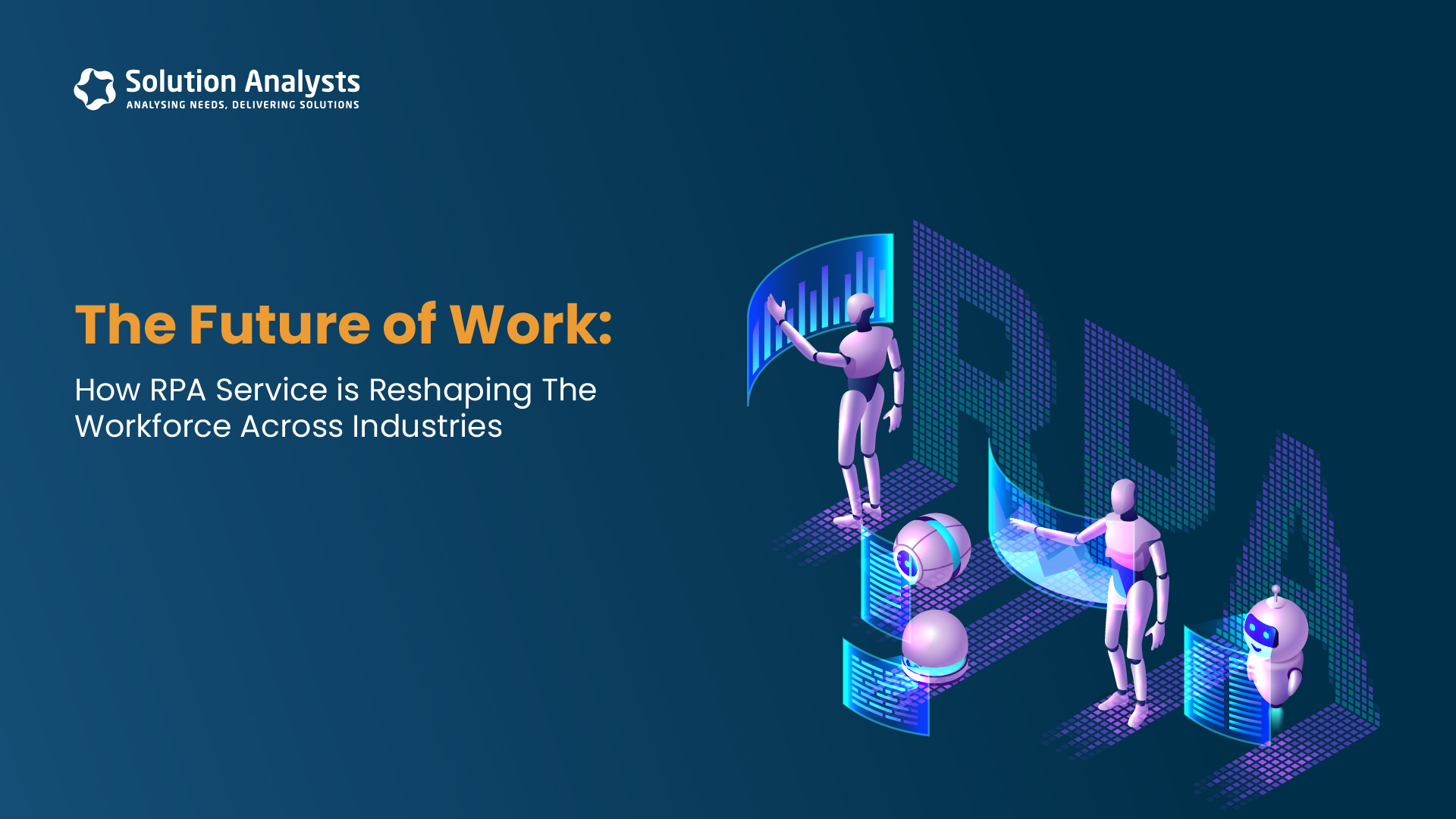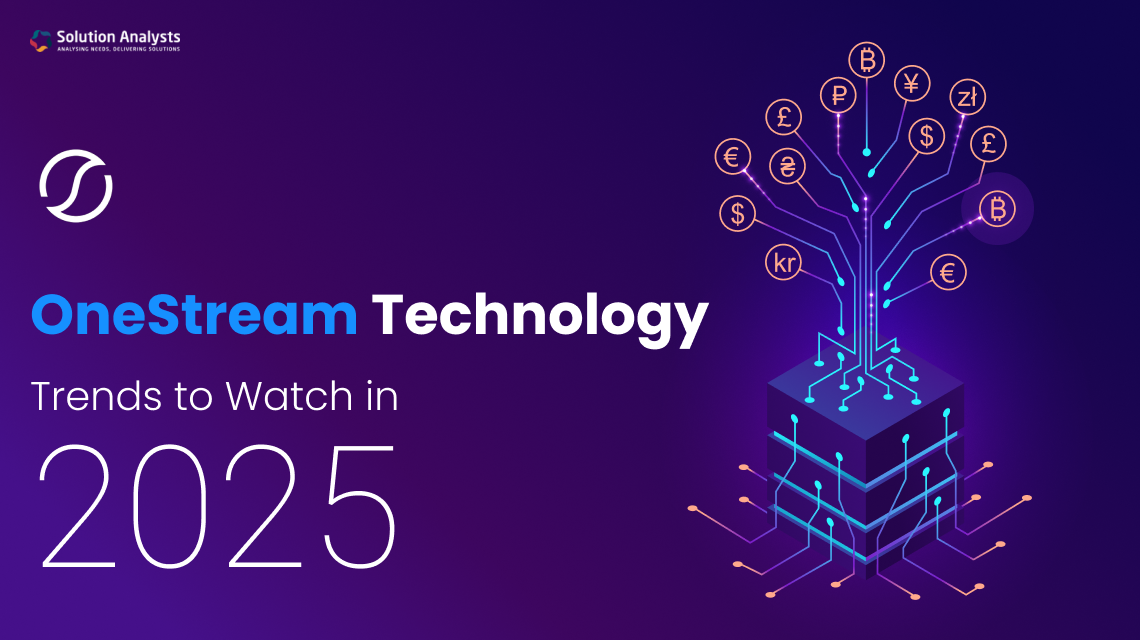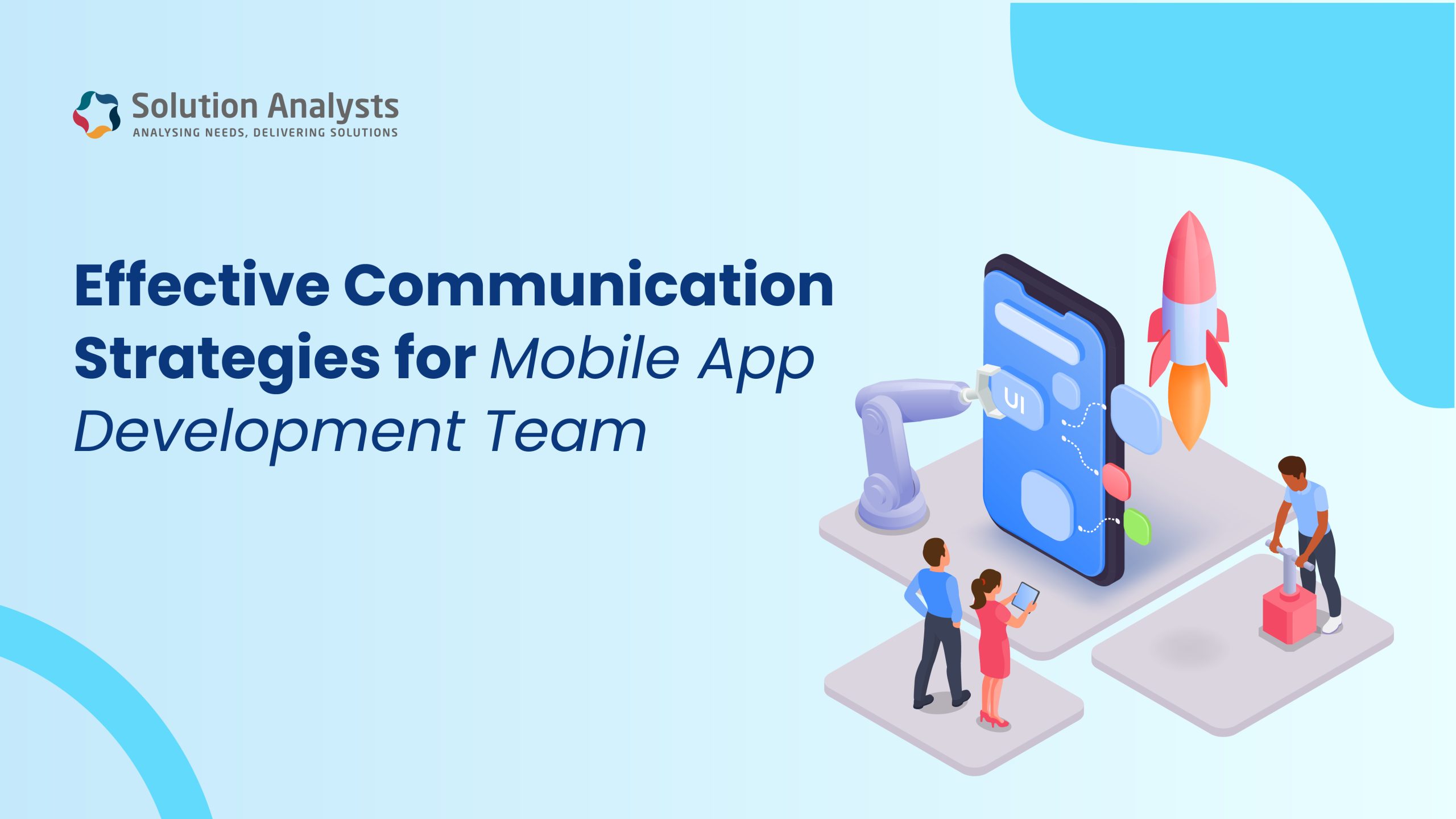
Table of Contents
In the constantly evolving era businesses across the entire landscape are constantly looking for new ways to streamline the operations workflow, reduce costs, and increase efficiency. RPA Services (Robotic Process Automation) uses a rule-based approach to mimic human actions and functions within the computer.
Traditional businesses are transforming into the new age of digital-first businesses, and RPA has emerged as a powerful automation tool that takes care of mundane jobs. The rise of AI has boosted this new and budding technology. RPA services help to free up human workers’ time and let them focus on tasks that require a higher or critical level of thinking. Companies across all the major sectors are leaning towards RPA to automate their manual tasks and enhance the operational abilities of the employees.
There is always speculation in the market when a new technology is introduced. Workers are always afraid they might lose their jobs if they do not catch up with the new technology. However, there is a positive sign from workers regarding RPA. According to Deloitte 92% of industrialists agree that RPA services have met or exceeded expectations. UiPath’s survey showcases that 68% of global workers believe automation will make them more productive.
RPA services are designed so that they complement humans and do not replace them. RPA uses the fundamental approach of automating small tasks and letting humans concentrate on complex endeavors. Successfully implementing RPA requires more than just technological power, it also requires analytical thinking and a problem-solving approach.
The Cost Advantage: How RPA Streamlines Operations and Saves Money
Robotic Process Automation (RPA) has been gaining significant traction across all major industries. The technology dates back to the year 2000 when it was used majorly for data entry and data migration tasks. With the rapid increase in capabilities, the applications have added multiple processes across various domains.
RPA services leverage “bots” to mimic human actions with computer systems and applications. This technology works on tasks such as invoice processing, report generation, and data entry jobs.
One of the most popular advantages of RPA services is its ability to reduce the cost significantly for organizations. Automating tasks requires less human interaction and requires fewer people to do work that earlier used to require a lot. These savings are derived from various factors mainly from reducing labor costs. Since RPA services are highly scalable, allowing organizations to easily adjust the number of bots based on the business needs.
Role of RPA in Industries
Every major industry is leveraging the power of RPA services to automate and optimize efficiency. It is interesting to see that from banking to healthcare: How RPA transforms workflows across sectors.
How RPA Impacts and Benefits Manufacturing Sector
RPA is playing an important role in automating the various processes of the manufacturing sector. Supply chain management, quality control, and data entry are some of the processes that are leveraged with RPA in the manufacturing sector. It can automate the processing of suppliers’ invoices, reducing the time required which usually takes days.
Implementing RPA in Finance & Banking: Benefits
The banking industry is known to be one of the most complicated industries due to the regulations and complex procedures that need to be followed thoroughly. RPA in the banking sector automates tasks such as account opening, loan processing, customer onboarding, and more efficient services. Thanks to RPA, the loan process has been able to be reduced from several days to several hours/ minutes. While the finance industry always deals with high-value transactions, RPA in the finance industry leverages automation in banking and looks after processes such as trade settlement, regulatory reporting, and compliance for operations.
Implementing RPA in Healthcare Sector
RPA in the Healthcare sector has revolutionized the administrative processes. This gives more time to doctors, nurses, and other healthcare providers to focus more on the patients. The technology also helps in managing medical records, processing claims, and patient registration resulting in reducing administrative burden.
How RPA Impacts and Benefits the Retail Industry
The retail industry is known for its ever-changing fast nature. RPA in the retail industry sector helps in enhancing the customer experience. The bots of RPA can take care of small mundane tasks such as inventory management, order processing, customer data entry, and quick response to customer queries. RPA helps in reducing the overall time in the order processing and fulfillment.
Benefits of RPA
The role of RPA in Industries is becoming increasingly apparent. It streamlines and reduces operation costs by unlocking the potential of automated systems. Here are some of the major advantages of implementing RPA.
Increased Productivity
RPA helps boost efficiency significantly. Automating repetitive tasks saves time and frees workers to focus on high-productive goals in life. It also boosts creativity and helps businesses to achieve greater heights.
Improved Accuracy and Consistency
Machines do not make errors, human intervention leads to an increase in errors. RPA operates on human commands but with a rule-based approach, there are no chances of errors. The flawless execution enhances especially in the compliance industries where no rules should be broken.
24/7 Availability
RPA bots do not demand rest. It can work round the clock continuously without complaining. This continuous availability gives the organization the power to work without stopping. It also does not stop when there are geographical or socioeconomic restrictions.
Enhanced Compliance
The finance and banking industries have strong compliances compared to other industries. RPA’s rule-based approach ensures a standard process is followed all over the platforms, so there are no chances of errors. It also creates a transparent audit trail maintaining accuracy and fraud detection.
Customer Experience
Machines don’t forget or leave the processes midway. Unlike human workers, machines follow tasks in a certain manner and deliver fast and accurate results. The enhanced experience fosters loyalty among customers.
Examples of RPA
There are many notable examples of companies across different industries implementing RPA and reaping the fruits of it. Some notable examples include;
Notable Case Studies of RPA:
AT&T implemented RPA to automate back-office processes and order management resulting in millions of dollars in savings.
Bank of America leveraged RPA for the account opening process and maintaining regulatory compliance resulting in maintaining the highest level of accuracy.
JPMorgan Chase uses RPA for client onboarding, trade settlement and fraud detection.
Walmart looks after inventory management, order processing and supply chain automation with the help of RPA.
UPS has been utilizing RPA for package tracking, customer service inquiry and improving customer experience.
RPA vs Selenium
RPA:
Robotic Process Automation (RPA) allows businesses to automate repetitive tasks using the rule-based approach. It mimics the human actions within the computer systems. Data entry, invoice processing, report generation, and many more tasks are its primary use cases.
Selenium:
Selenium focuses on automating web applications. It is an open-source tool that automates web browsers and interacts with web elements. Selenium works well when it comes to web-based testing scenarios.
The future of RPA
As businesses across the industry continue to grow, RPA technology improves and adds to its cognitive abilities using Machine Learning (ML) and Artificial Intelligence (AI). The automation approach is reshaping the workplace.
The upcoming AI & ML technology can help the RPA to learn from data and recognize patterns. Scanning and scraping data from documents, slides, emails, emails, images and more will help the neural networks learn and automate the processes with a personalized touch. The cognitive automation of RPA combined with Natural Language Processing (NLP), Computer vision, and speech recognition enables automated solutions.
The future of RPA holds a profound impact on workers. RPA is also facing the same direction, the demand for it will always stay in the market and the ones who adopt it early on will excel.









 sales@solutionanalysts.com
sales@solutionanalysts.com solution.analysts
solution.analysts






